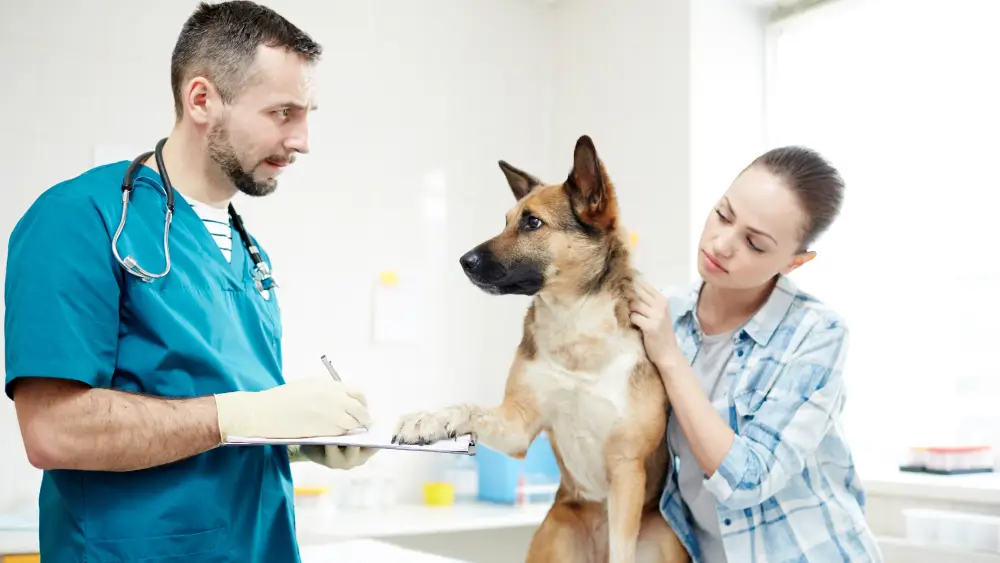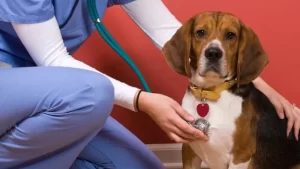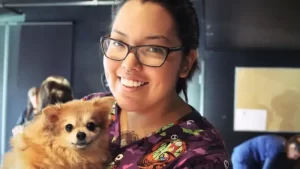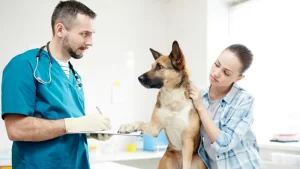Have you always wanted to work with animals but haven’t been able to find the right career opportunities to do so?
It can be very tough finding the right balance between your passion and your career, but we’re here to tell you why becoming a Veterinary Technician Assistant is the perfect job for working with animals.
Make a difference
Working as a VTA you are in a position to truly make a difference to the lives of animals. Not only do you get to see animals every day, you play a vital role in their daily care needs and improving their health.
You are responsible for the caretaking needs of each animal, such as feeding, teeth cleaning, nail trimming, and more. You are also there to assist with medical procedures, prepare syringes, administer medications, and restrain animals for blood draw.
All of these duties make a real difference to the animals’ lives and comfort during their care.
Constantly learning
The veterinary industry is constantly changing, and so will the range of work you will do. Vet assistants are always learning the newest procedures, equipment, and techniques to provide the clients with the highest quality of care. Work is never boring and no two days will be the same.
You will have the opportunity to work with many different animals and breeds, and in doing so learn their unique individual needs. As the field of animal health care progresses you will also be the first to put into practice new techniques and procedures as they develop.
Work environment
Becoming a veterinary technician assistant is one of the most rewarding careers you can have. If you love animals and want to make a difference in their lives then there are few jobs more fulfilling.
The majority of VTAs work in veterinary clinics and animal hospitals, including several emergency facilities, which are open 24/7. This means there are usually opportunities for flexible hours, and the option for part or full-time work. Clinics can be small, large, busy, or calm, allowing you to find what fits best for you.
Career progression
While the majority of work is in clinics, there are lots of job opportunities outside this area. Positions can be found in animal shelters and zoos, as well as in research in biomedical labs and instructing at teaching institutions.





